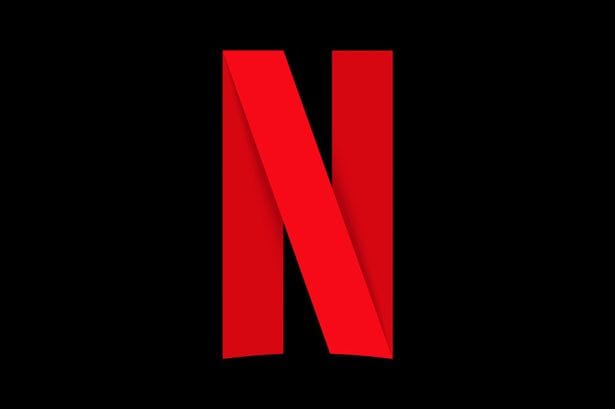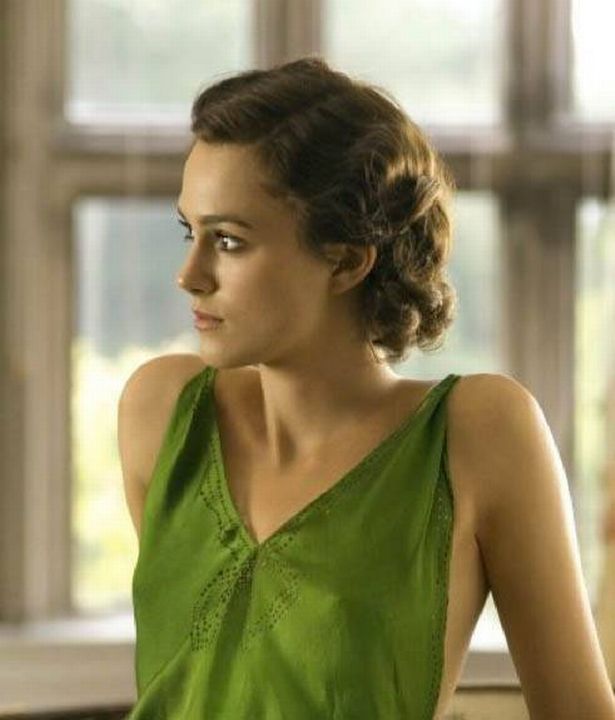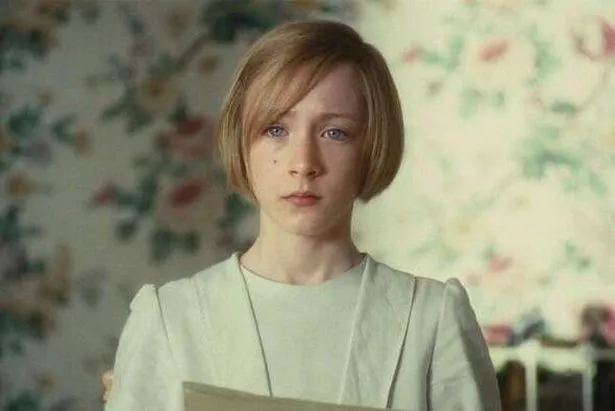This powerful hit drama is leaving Netflix later this month
Joe Wright’s cinematic masterpiece Atonement, starring Keira Knightley and James McAvoy, has made an indelible impact with its seven Oscar nominations and a box office return that quadrupled its budget.
Set against the backdrop of World War 2, Atonement is a riveting tale that unfolds over one sultry day in 1935, with consequences rippling through the decades. The film boasts an epic five-minute continuous shot featuring 1,000 extras that captures the Dunkirk evacuation chaos from McAvoy’s perspective.
For those intrigued, time is ticking to watch this war drama on Netflix, as it departs the service on 16th June.
The film enjoys an impressive 83% ‘fresh’ rating on Rotten Tomatoes, where the critical consensus reads: “Atonement features strong performances, brilliant cinematography, and a unique score. Featuring deft performances from James MacAvoy and Keira Knightley, it’s a successful adaptation of Ian McEwan’s novel.”
Atonement clinched the Best Film accolade at the BAFTAs, took home the Best Original Score at the Oscars, and earned Saoirse Ronan an Oscar nod for Best Supporting Actress at just 13 years old, reports the Express.
Launching both the 2007 Venice and Vancouver Film Festivals, the film also marked Wright as the youngest director ever to open the former at only 35.
Critic Andrew Collins gave the film a glowing five-star review in Radio Times, declaring: “Atonement transcends the expectations of its country-house setting, via the privations of war, to deliver a knockout twist that works better on the screen than it did on the page.”
Bruce Newman, another film critic, praised the first part of the movie, stating: “In its first 45 minutes, Atonement achieves a kind of perfection rare even for big Oscar-bait movies,” but he added a note of caution: “Every facet of the filmmaking is the equal of any picture released this year. The rest of the movie isn’t so bad.”
The film has stirred up quite the conversation among fans, with one standout review on Letterboxd proclaiming: “13 years old saoirse ronan was robbed of that oscar for her performance as THE DEVIL.”
On Google, a fervent admirer of the film compared it to Dunkirk (2017), expressing: “I deeply appreciate Atonement for other reasons and while the films are about 10 years apart I am utterly perplexed by how Nolan’s Dunkirk became the critical darling it is, especially since this film exists.
Get Netflix free with Sky

Sky is giving away a free Netflix subscription with its new Sky Stream TV bundles, including the £15 Essential TV plan.
This lets members watch live and on-demand TV content without a satellite dish or aerial and includes hit shows like The Last of Us and Black Mirror.
“This film isn’t about the evacuation of Dunkirk or WWII (those elements form the background for a fully realized troubled romance and family drama) and YET this film spends about 20 minutes on Dunkirk and it conveys the horror, defeat and dread of it it far sharper and more resonant than Nolan’s film does for its entire run time.”
Another popular opinion on Letterboxd, which attracted over 6,000 likes, succinctly put it: “the five-minute long take on the beach >>>>>>> dunkirk (2017)”.
Atonement is available to stream on Netflix until Monday, 16th June.





